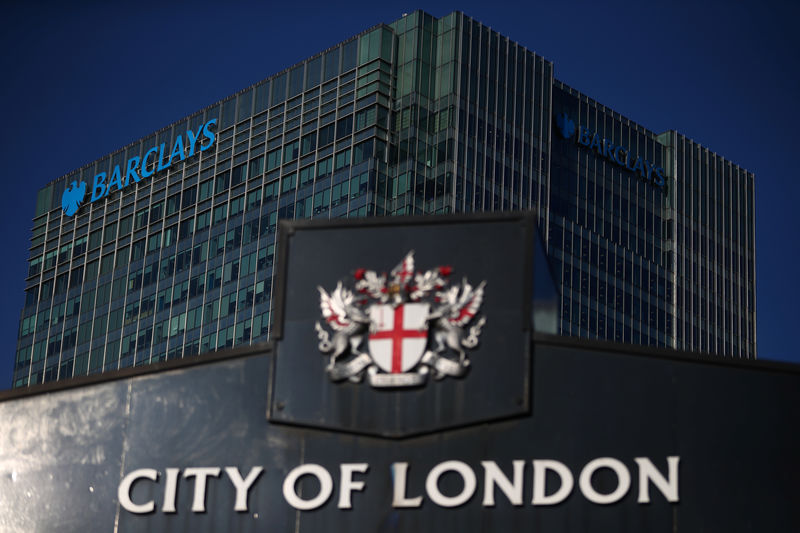Proactive Investors - New rules to ease lending have been unveiled by the Bank of England with small businesses and mortgage funding set to get a boost.
Shares in Lloyds Banking Group PLC (LON:LLOY), Barclays (LON:BARC), Natwest (LON:NWG) and HSBC (LON:HSBA) all rose by more than 1% on the news, which follows years of wrangling on how much money banks needed to protect themselves from collapse after the 2008 financial crisis.
In ‘substantial’ amendments to guidelines suggested by de facto bank regulator the BIS, known as Basel III, UK banks will now face fewer restrictions on thier lending to small and medium-sized businesses and for infrastructure projects.
Banks are also to get more leeway in mortgage lending through changes to how they value residential property.
Under the original Basel III provisions, which have been subject to repeated delays and lobbying over costs and scope, banks would have had to set aside more of their capital to lend to these groups.
According to the Bank of England, the new changes will account for less than 1% in aggregate on Tier 1 capital requirements across major banks, phased in over four years.
"In terms of the capital impact, we think there will only be a very small impact on requirements, on average, across UK firms," Phil Evans, the BoE’s director of prudential policy, said in the speech.
"This is smaller than for our consultation proposals and is clearly very small compared with the roughly 300% increase we needed over the decade from the global financial crisis to COVID. It is a smaller impact than in other major jurisdictions," Evans added.
The changes will also come into force at the start of 2026, instead of on July 1, 2025, said the BoE.
Basel III started to be drafted after the 2009 global banking crisis but is still being argued over in many countries.
Chancellor Rachel Reeves welcomed the reforms, saying it marked “the end of a long road after the 2008 financial crisis".
"Britain's banks have a vital role to play in helping businesses to grow, getting infrastructure built and supporting ordinary people's finances."
Two days ago the US also said it was watering down the Basel III proposals following vehement objections from its major banks.
The European Union too has delayed proprietary trading proposals until January 2026
Steven Hall, a partner in KPMG UK's Risk and Regulatory Advisory practice, told Reuters there are concerns that even these proposals might be yet be changed again causing more delays.
"Given these reforms are almost 15 years in the making, there is a general concern across the industry about the time it has taken to reach this point," he said.
